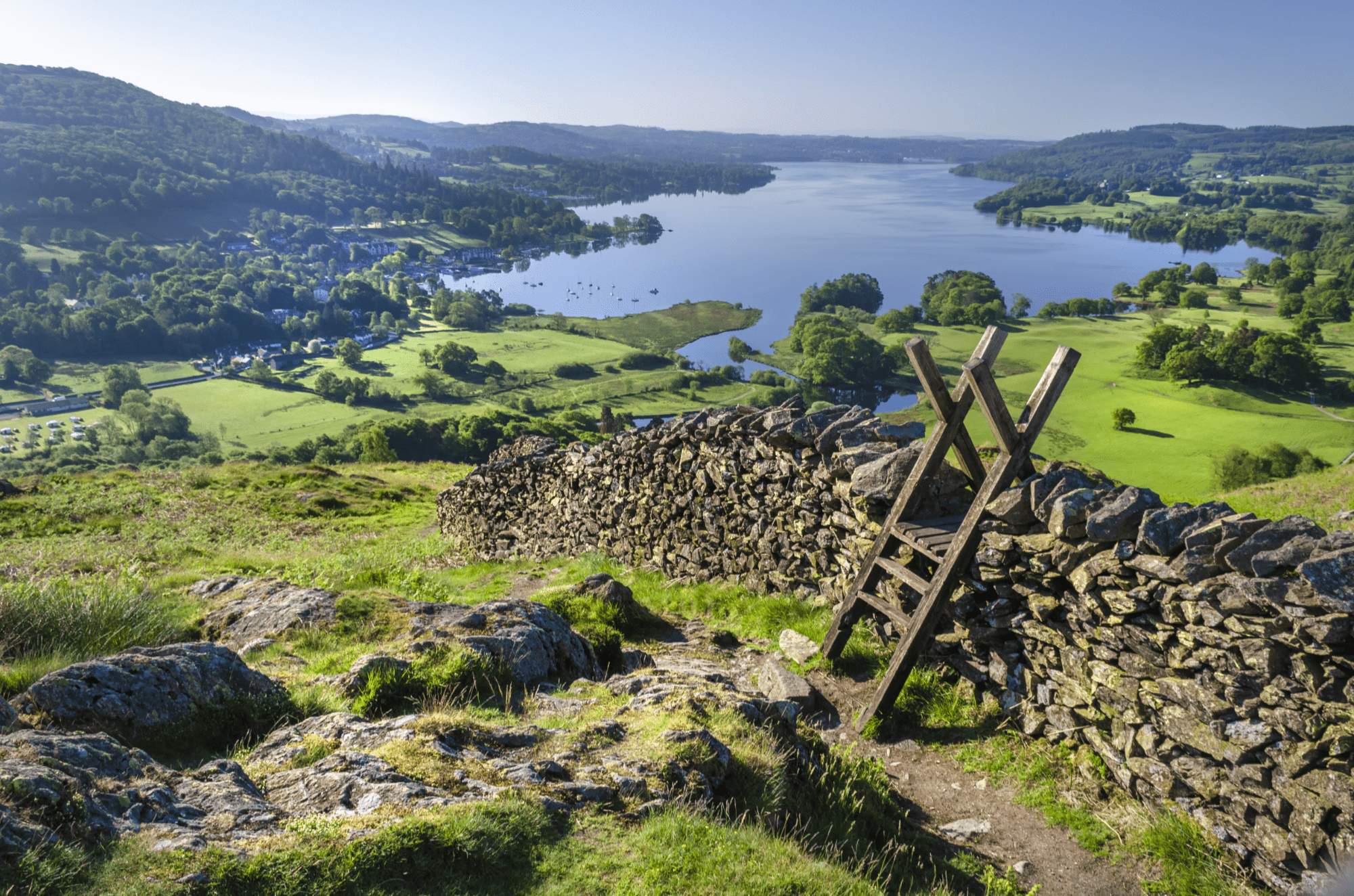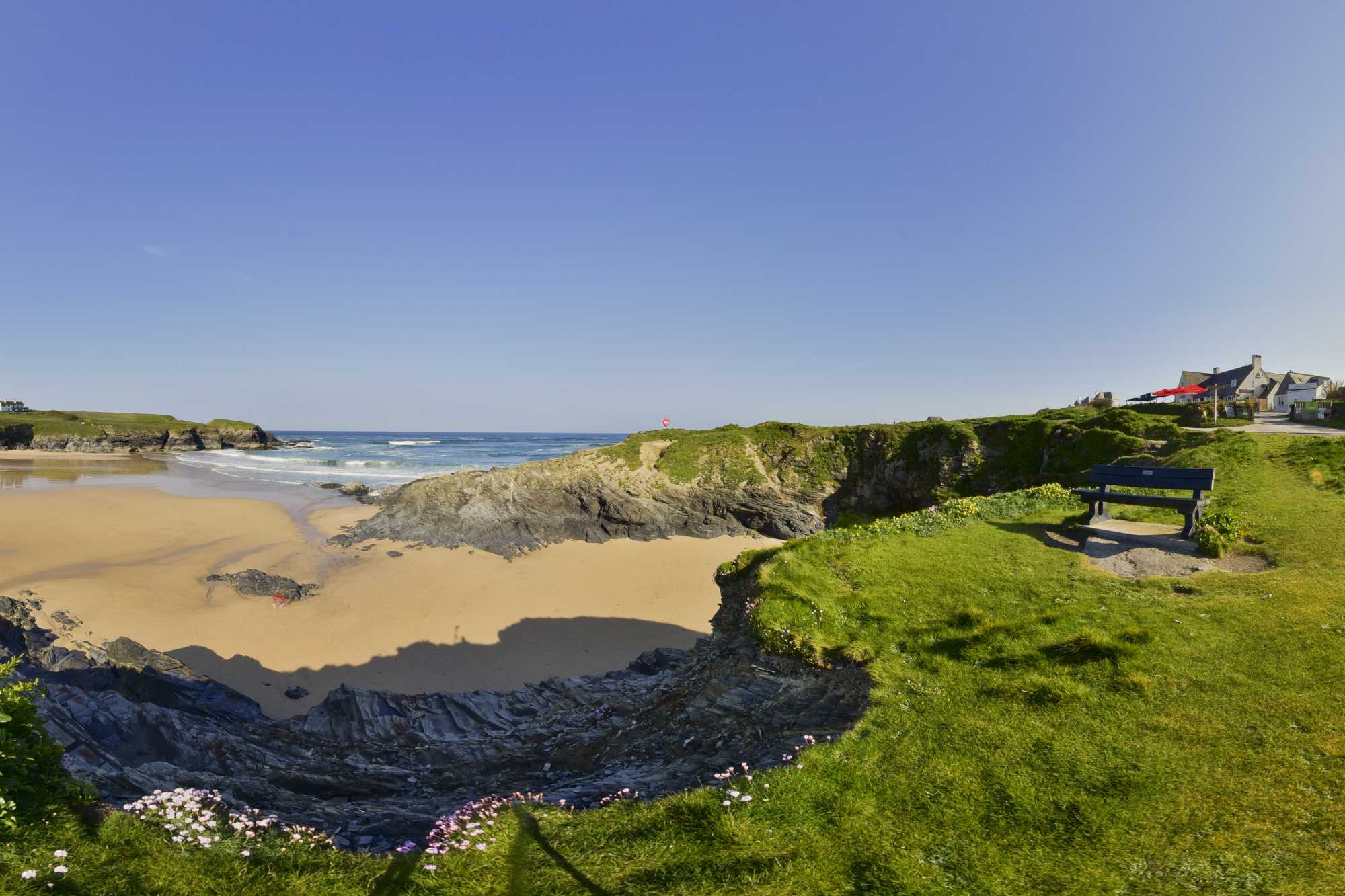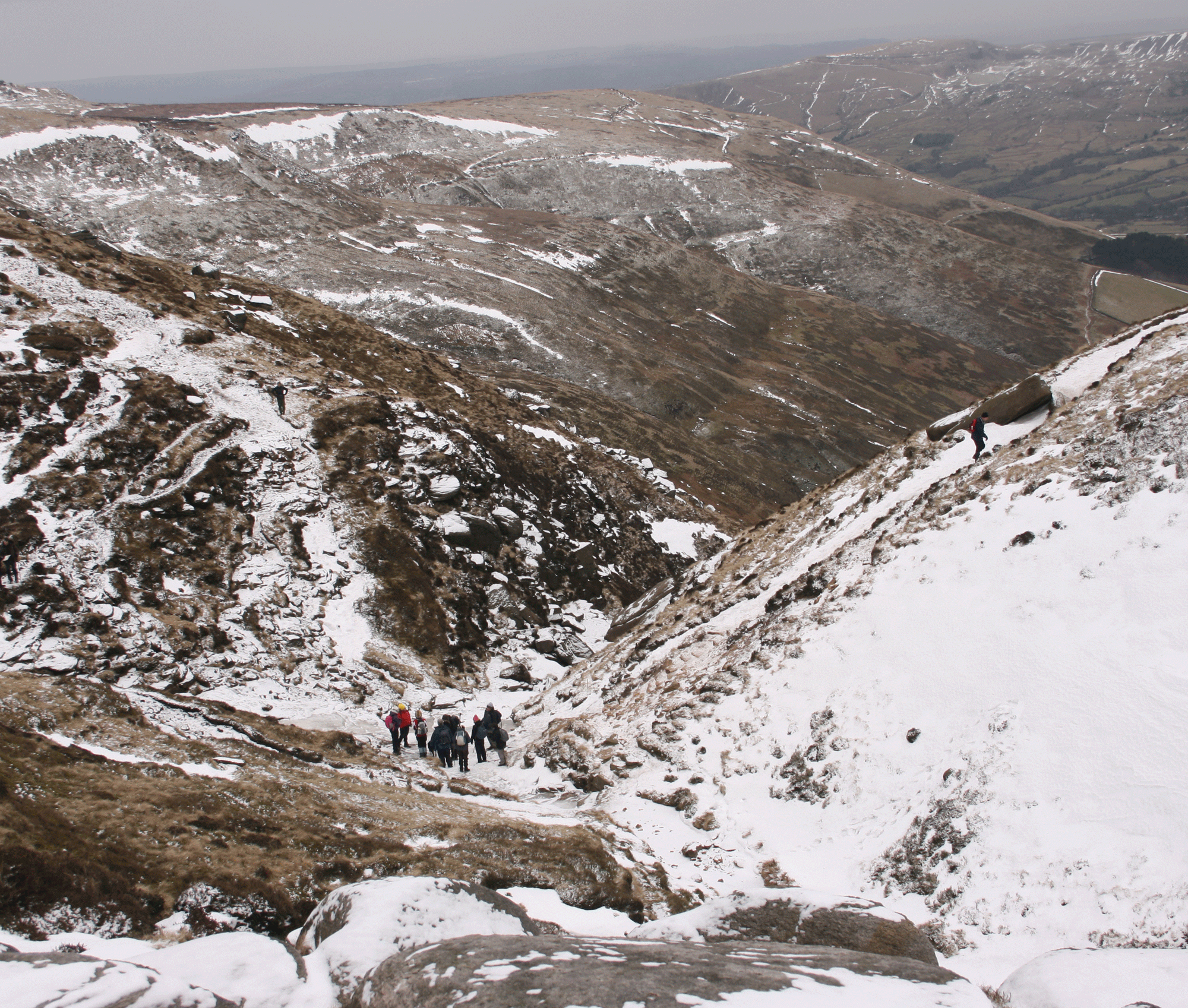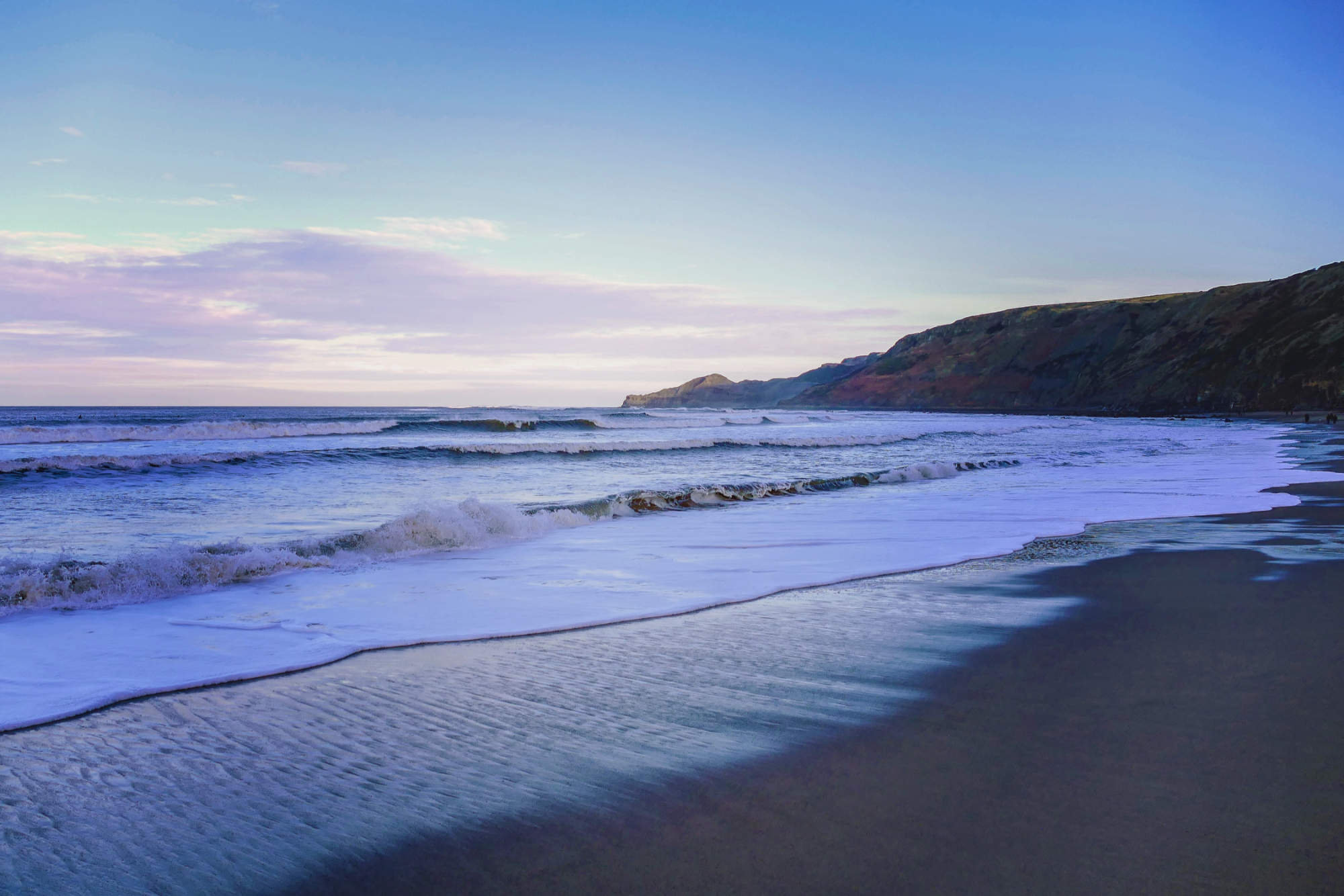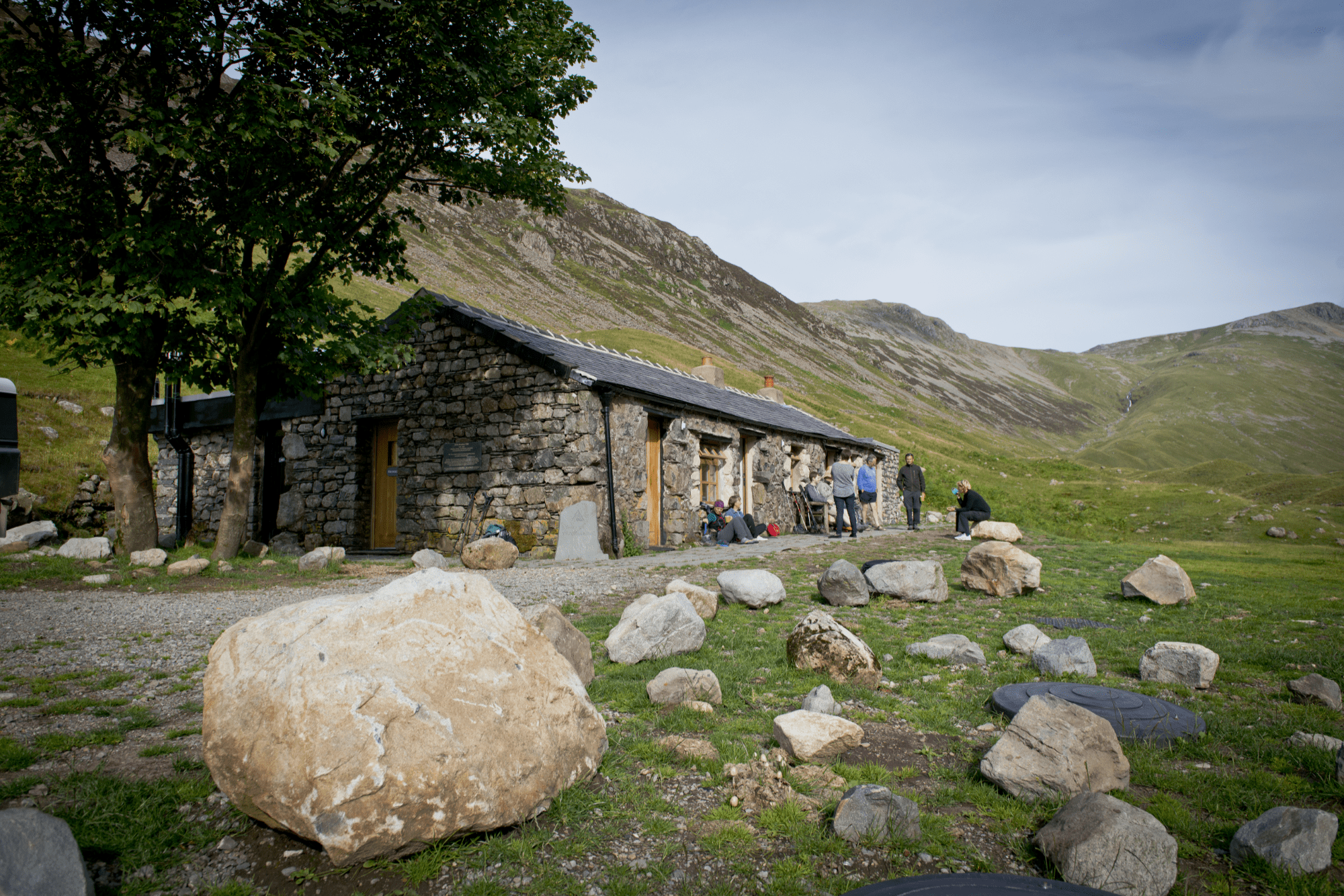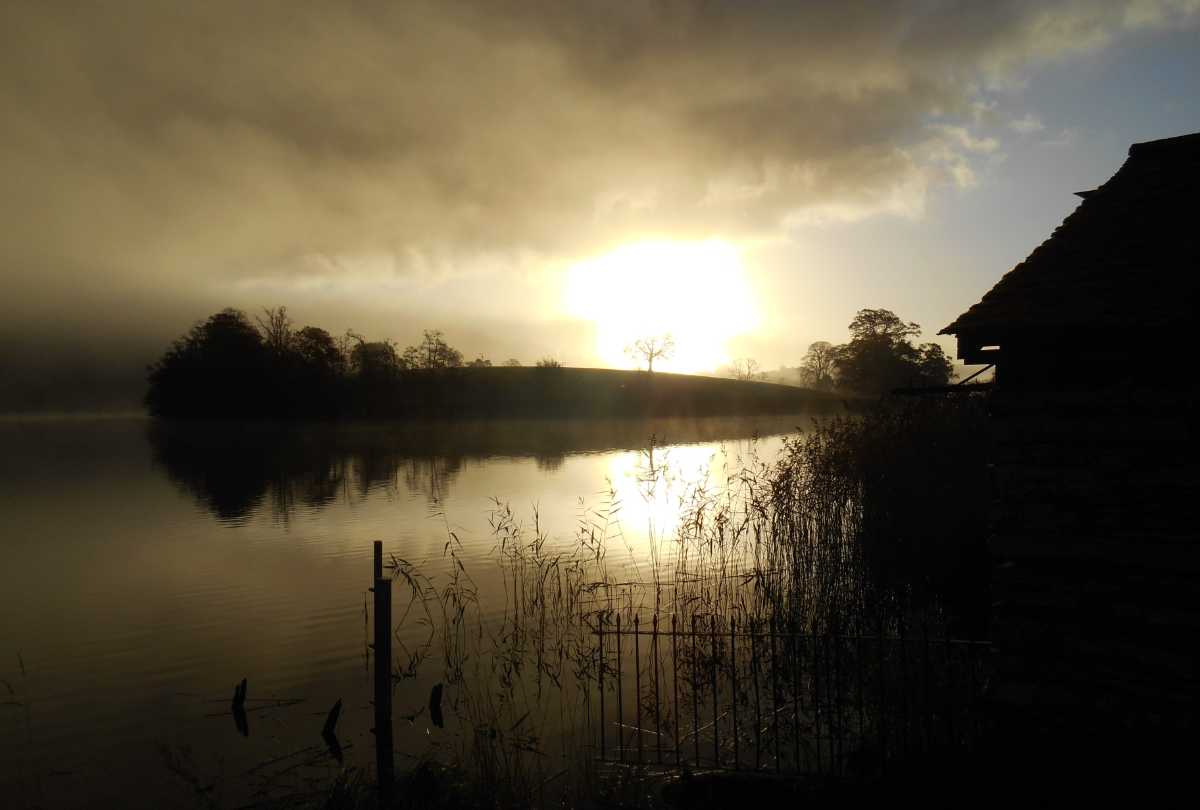On Monday, at YHA Malham, it was my honour to host a celebration of the legacy of John Dower — giant of the countryside access movement and architect of both the hostel and the National Park and Countryside Act 1949.
We were joined by members of the Dower family, Government minister for access to nature Baroness Sue Hayman, partners from the Yorkshire Dales National Park, representatives from other Protected Landscapes, access and countryside bodies, and a group of young people from Liverpool funded to visit the National Park for the first time through Generation Green.

Yet this was more than a moment to memorialise the achievements of the past. It is a reminder that even in an era of economic constraint, bold ideas and investment in public access to nature can yield extraordinary dividends — in the health and wellbeing of young people and the renewal of a nation.
Lessons from history, a route map for social reform rooted in access
Dower’s vision — articulated amid the post-war reconstruction of the 1940s — sought to marry the conservation of landscapes with public access. He understood that nature’s benefits must be accessible to all, especially young people, to nurture healthier minds and bodies and foster a deep connection with the environment.
YHA was founded in 1930, during a time of rapid urbanisation and social change. It embodied the spirit of reform. Our pioneers had the foresight to understand the potential benefits of the countryside for health and education, particularly for those increasing numbers living in crowded and polluted cities.
Just six years later, in 1936, YHA was one of the founding members of the Standing Committee on National Parks, along with the Ramblers, Open Spaces Society, and CPRE. It became what is now known as the Campaign for National Parks. John Dower was a member and wrote the report that led to the legislation that brought protected landscapes into being. The partnership had proved pivotal in the creation of the National Parks and laid the groundwork for a legacy of collaboration that continues today.
What Dower and like-minded lobbyists understood was that being able to access, understand and enjoy the countryside affordably had to be a key pillar of the creation of National Parks. It is something firmly built into their purpose — and to ours at YHA.
This passion for affordable, equitable access for all — but especially young people — burns as brightly between YHA and National Parks today. Indeed, nearly half of our hostels are in National Parks which enables us to welcome over 100,000 young people every year to stay in these Protected Landscapes.
Building on partnerships proven to deliver change
Today, taking forward the spirit and vision that led to the creation of National Parks, the Generation Green programme exemplifies the power of aligning public investment with partnerships driven by access, equity and sustainability.
The Defra-supported initiative is run by the Access Unlimited partnership which YHA is proud to lead. It brings together the major national providers of residential stays in Protected Landscapes: YHA, Outward Bound, Field Studies Council, Scouts and Guides, with the 10 English National Parks and now a number of National Landscapes.
Set up in response to Julian Glover’s challenge that every child should be able to have a night under the stars in a National Landscape, it’s the Government’s only funded initiative that supports access for disadvantaged young people to Protected Landscapes.
Over the course of this year, the programme will connect 25,000 young people living in England’s most disadvantaged areas to nature — offering activities and experiences that for many are firsts: an adventure away from home, a trip to the countryside, a chance to see the natural world up close — including in Dower’s beloved Malhamdale.


He would be proud to know that YHA Malham is one of the key sites for delivery. Over 400 young people will come to Malham through Generation Green. These 14 groups are drawn from surrounding towns and cities. On average, 55% of school children coming are eligible for Pupil Premium. For one group, it’s 90%. And for another school, it’s their first school trip in 12 years. A rite of passage most of us take for granted.
The impact of Generation Green is profound. Beyond the immediate joy and wonder the programme’s activities and experiences bring, they can spark a lifelong connection to nature and plant the seeds for the naturalists and environmentalists of the future: the next generation who will take forward nature recovery.
Bold action and the necessity of investment in difficult times
The vision for National Parks was created amid huge funding constraints and challenges for civil society reeling from war. The parallels today are striking — a new Government with an ambitious agenda for reform, operating in a highly constrained funding environment, and with civil society decimated by COVID-19 and the subsequent energy and cost-of-living crises.
So too, the health and wellbeing issues that concerned our founders are pressing today. Research underscores the importance of nature connectedness and that access to green spaces significantly enhances mental health and wellbeing — 45% of people in the UK told the Mental Health Foundation that visiting green spaces helped them to cope.
These benefits are particularly critical for young people from poorer communities, who face greater barriers to accessing such spaces. Generation Green is a practical solution that is addressing inequity of access and opportunity — specifically for young people from disadvantaged and diverse communities.
The post-war Labour Government recognised that funding public access to nature was not a luxury but a necessity — integral to improving health and education. And that funding this mission needed to be prioritised despite the wider challenges.
Tackling inequalities in health and education are at the heart of the new Government’s mission. The event at YHA Malham on Monday provided a timely opportunity for Baroness Hayman to see firsthand the power of programmes such as Generation Green to provide equitable access to the outdoors and to help address systemic disparities in health and opportunity.
Transforming the landscape of youth provision
In these straitened times, there are hard decisions for Government to make but we must continue making the case for funding opportunities for young people to access the benefits of the outdoors, and connect to nature and heritage.
With last week’s announcement that the National Citizen Service (NCS) will be scrapped, the withdrawal of this funding stream risks creating a gap in young lives and a gap in providers’ planned schedules, unless replacement resourcing is put in place.
Progress on the use of dormant assets to fund new programmes is welcome news. So too is the impetus to create a new National Youth Strategy. As we stand at this critical juncture in youth policy, the conversation about what we, as a nation, do for young people has been reinvigorated. YHA, with its long history and proven track record of delivering impactful programmes, is well-placed to contribute.
The risk of a gap in provision for young people is real. But with bold action, partnership, and a shared sense of purpose, it can be avoided. The infrastructure and expertise already exist — as demonstrated by Generation Green which is both proven and successful. So let us build on this.
Let us honour the legacy of pioneers like John Dower, who understood the transformative power of access and equity, and ensure that every young person — whatever their background — has the opportunity to connect with nature, grow and thrive through adventures away from home.
More than this, let us nurture the Dowers of tomorrow — empowering the architects of a greener, fairer future that centres and protects nature. By working together, we can build a National Youth Strategy that not only fills the gaps left behind but raises the bar for what we can achieve with and for the next generation.
Discover more about YHA.






